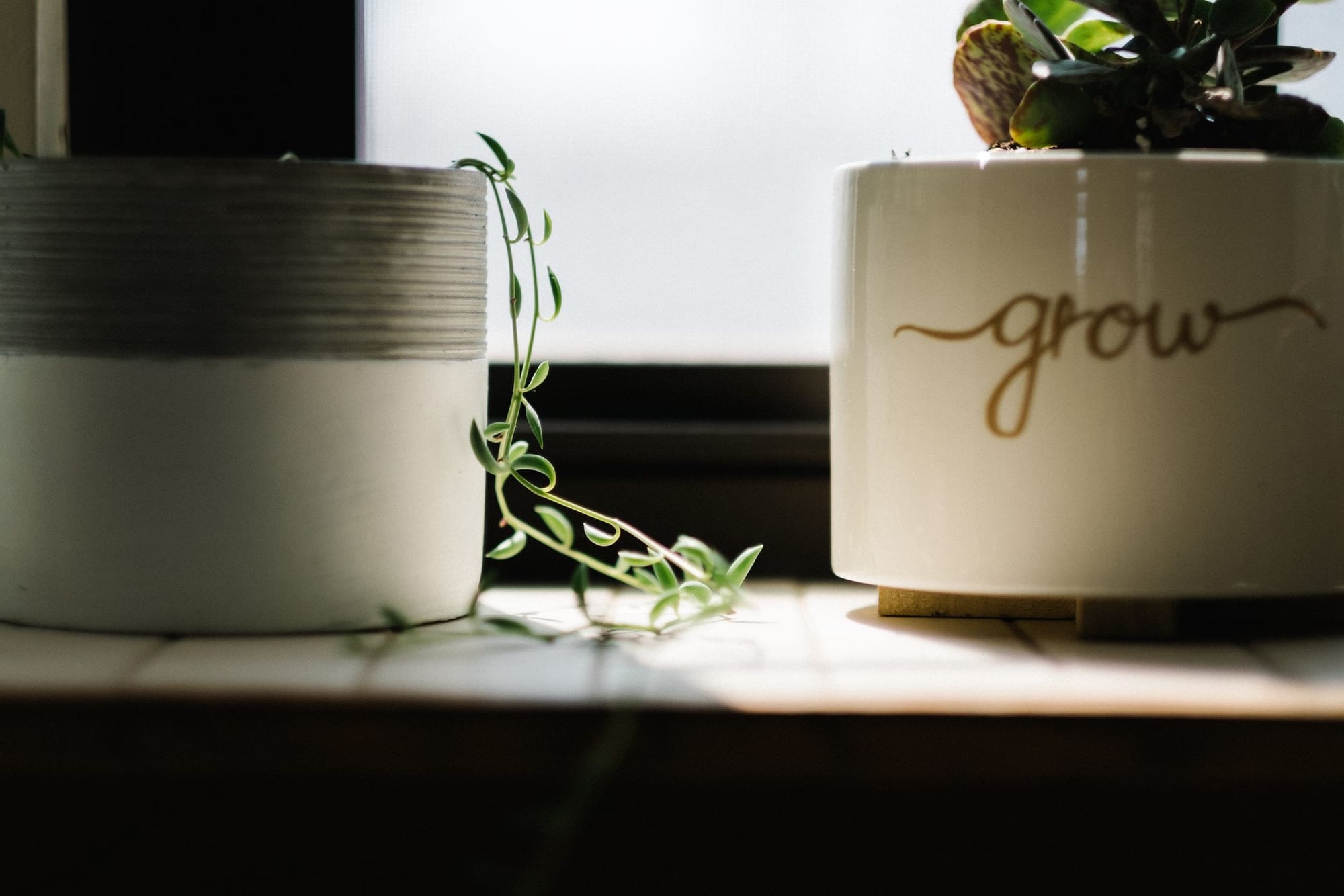When it's time to repot.

There comes a moment when even the most nurturing environment can start to feel constricting. Like a plant that’s outgrown its pot, we can find ourselves feeling root-bound—stuck, restless, and unable to grow. It’s not that the original container was bad; it served its purpose, providing stability and nutrients. But every situation, no matter how beneficial, has limits. The challenge is knowing when it's time to repot—before the discomfort becomes pain.
Getting the most value out of a situation is like allowing your roots to fully explore the space you’ve been given. It means diving deep into the opportunities, relationships, and lessons the environment offers. But staying too long in a space that no longer fits can stunt growth. Roots start to coil around themselves, unable to spread. What once felt supportive becomes confining.
It’s tempting to hold on, telling yourself that just a little more time will make things right. But discomfort is often a signal that change is needed—not something to ignore, but a call to find a new container, one that can accommodate the next phase of your growth. The key is to recognize when the situation is no longer nurturing, so you can move before discomfort turns into real pain.
Repotting isn’t about abandoning what was; it’s about honoring the growth that has already taken place. You take everything you’ve gained—the skills, the knowledge, the relationships—and transplant them into a larger space, one with new opportunities and fresh soil. It’s about creating room for new roots to form and for old ones to stretch further than before.
Yes, change can be uncomfortable. The transition from one container to another comes with uncertainty. But that discomfort is temporary. It pales in comparison to the pain of staying in a space that can no longer support your potential. When you make the move to repot yourself, you’re choosing growth over comfort, possibility over stagnation.
In the end, repotting is an act of self-care. It’s about knowing that you are worthy of environments that foster your best self. So when the roots start to tangle, and the soil no longer feels nourishing, remember: it’s not the end of the road—it’s just time to repot.
